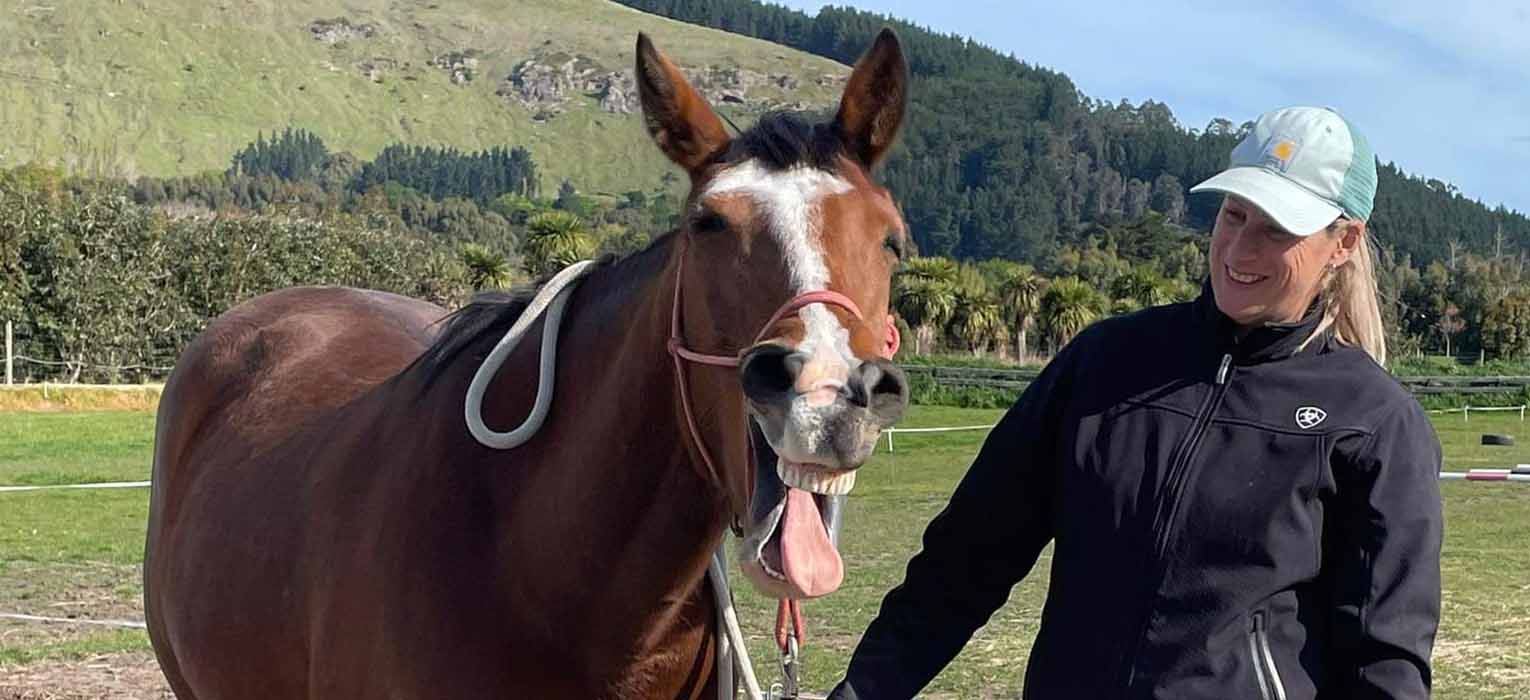What to Expect
Before a treatment
- Please make sure your horse is dry and reasonably clean (the lighter touch techniques unfortunately are not effective if the horse is wet or caked in mud)
- Have a space available where the horse is comfortable and able to relax
- If possible, have a buddy nearby
- Ensure your horse has a full tummy, free access hay prior to the treatment if possible is ideal (it's difficult to relax if you're hungry!)
I will ask you to provide a brief background on your horse - injuries, vet history, performance issues etc. This can be done via email, message, phone, or in person on the day.
As part of my information gathering I will also routinely ask about dental and farrier cycles, saddle fit and type of work your horse is doing. This is to ensure I have a clear and full picture of your horse before we begin.
During a treatment
Each treatment session will begin with an evaluation of the horse to identify any current pain reactions. From there I will move through the body with a combination of light touch and movement techniques proven to release tension in key junctions of the body. Exactly how the treatment progresses and the techniques to use will be dictated by the horse, where they are feeling tension, and how they release it.
No two treatments are the same. Working with your horse and his/her responses will guide me on how I need to proceed. Most treatments will take 1 1/2 - 2 hours.
After a treatment
I recommend your horse is not exercised or ridden for at least 24 hours after a treatment, 48 hours is ideal. This allows your horse to continue processing, feel and adjust to the releases. You may find they sleep!
Turnout grazing or some gentle hand walking for 10 minutes or so is ideal after a treatment.
I will discuss with you what I've worked through and any areas of tension I've found through the session.
It's important to note that as I'm not a vet I cannot make any kind of diagnosis. I welcome working collaboratively with your vet, farrier and any other equine health professional to best help your horse.

